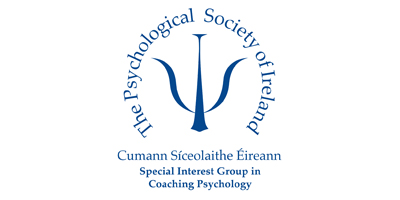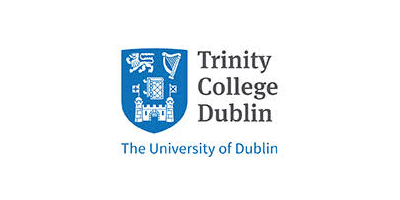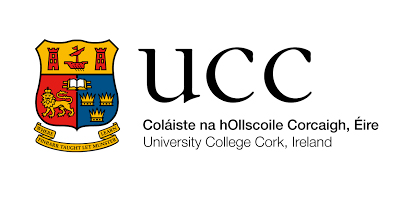Motivation, Meaning & Purpose
Comprehending Meaning & Purpose?
In terms of what meaning and purpose is, a definition I really like is by a psychologist by the name of Michael Steiger (paper linked below). Steiger, puts forward meaning has two main elements or components: comprehension and purpose.
For Steiger, comprehension is important, in that, in order to have meaning in our lives, we have to understand ourselves and understand our place in the world. Then, based on that understanding we can figure our purpose.
Purpose then, is the motivational component of meaning. It refers to an individual’s long-term or overarching goals, to which they’re highly committed and actively engaged. Our purpose also has two main elements. Firstly, it’s our overall plan, or mission, or goal – but there’s also a motivational element to it.
Purpose and goals
What is the difference between purpose and goals and how do they relate to each other?
First off, our purpose is broader than our goals. In fact, it helps inform and define them. For example, the purpose of my business is ‘to help people better understand themselves, better understand their wants and needs, and better understand the barriers that are getting in the way to them achieving those wants and needs. And so, from that broad purpose, then I create more specific goals. For example, this blog post is aimed at helping people to better understand themselves. Also, when I create workshops, or I create coaching programs, these are in service of this purpose. Our broader purpose informs our goals.
Goals and motivation
A very important point, is that not all goals stem from a purpose. Often our goals are formed from what’s called extrinsic motivation. Extrinsic or ‘external’ motivation, is simply motivation that comes from ‘outside’ us – and is associated with reward and punishment.
We tend to do things to gain reward or avoid punishment (pain). For example, imagine a student – let’s call him Timmy – is studying at school. And the reason Timmy is studying hard is that he wants to gain the praise of his teachers, or the praise of his parents. Or maybe, he’s studying hard in order to avoid detention, or avoid doing badly in school. These are all kinds of external or extrinsic sources of motivation – however they highlight an issue with relying on it. What happens if we remove the praise of others? The motivation disappears. And, this is true of all forms of extrinsic motivation- if you remove the reward or punishment, well, the motivation disappears.
Intrinsic motivation
This is contrasted with what’s called intrinsic motivation, and intrinsic motivation is motivation that comes from inside of us. Intrinsic motivation is important because, really, for a goal to be meaningful it should represent the self, and this is why understanding ourselves is so important. Intrinsic motivation, is that natural inclination we have towards curiosity and exploration, towards mastery – getting better at things, and towards spontaneous interests. Kids have this in spades. If you look at how kids interact with the world naturally – they are so curious! They are always trying to get better at things, really trying to master things. And they’re also always interested spontaneously. They’re interested in things just for the sake of being interested in them.
Intrinsic motivation is there to serve three key needs that we have. The need for autonomy, the need for competence, and the need for relatedness. So, if we return to our example of Timmy – rather than studying it for praise (external motivation), maybe he’s is studying because he wants to become a doctor. Maybe he wants to become a doctor because it would allow him financial independence from his parents. So, in this instance Timmy is motivated because it helps him become more autonomous, or, it serves his need for autonomy. Or, perhaps Timmy is studying hard because not only does he want to become a doctor, but because he wants to become a great doctor. That is, Timmy wants to be competent – he wants to get good at something. Finally, maybe Timmy is studying to be a doctor because what he really wants to do is help people. Here, what’s important to Timmy is his need for relatedness and connection.
Drive
This is important because external factors cannot remove these needs or drives – we all want to be independent, competent and connected.
Intrinsic motivation is about us being the kind of person we want to be. And in a very real way, or sense of who we are is based of what we do i.e our behaviours. Timmy will only become who he wants to be (a doctor) only if he studies. However, we can flip this. Everytime Timmy studies he is becoming more competent and independent, and closer to being able to help others. The main source of contentment, satisfaction and joy we have in life is when we move towards a goal that’s important to us. And, one of the most important goals we have, is becoming who it is we want to be. Timmy will need to connect into that if he is to overcome the challenges he’ll surely face in becoming a doctor.
To sum up – meaning has two parts – comprehension (understanding ourselves and our place in the world) and purpose (our goals based on this understanding). Not all goals are related to our purpose – we are often motivated to gain rewards or avoid punishments i.e. by extrinsic or external motivation. However you remove the reward and punishment and you remove the motivation. Intrinsic motivation, driven by the universal human needs of autonomy (independence), competence (to be capable) and relatedness (to be connected), is about becoming who we want to be. This cannot be taken from us.
I hope you found this.
Micheal Steiger paper on meaning and Purpose
Deci and Ryan paper on intrinsic motivation and basic human needs.





